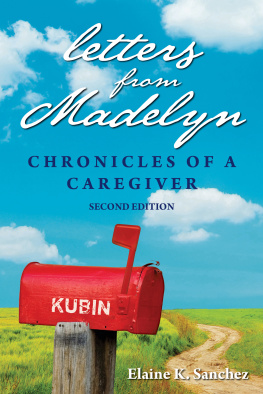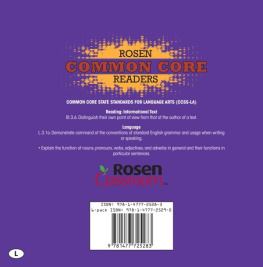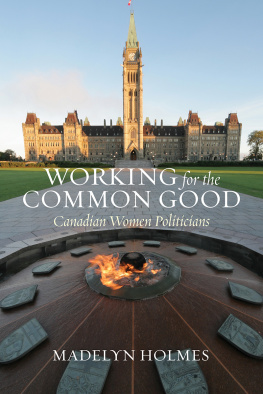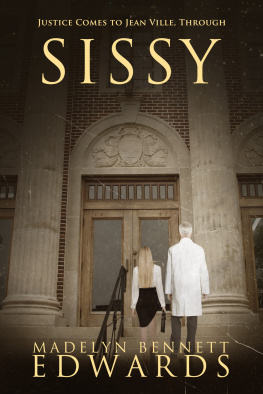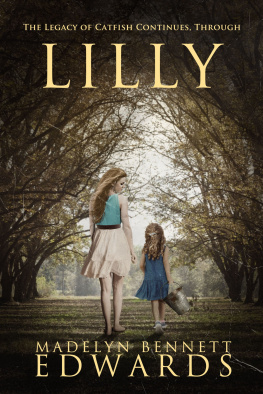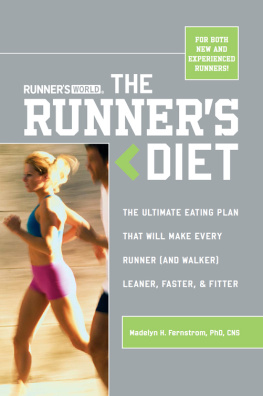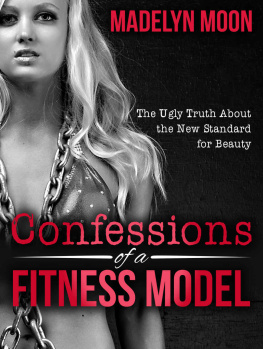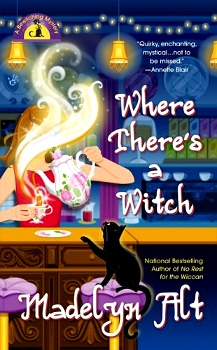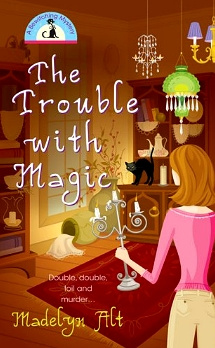Letters from Madelyn, Chronicles of a Caregiver
2016 Elaine K. Sanchez. All rights reserved.
No part of this book may be reproduced in any form or by any means, electronic, mechanical, digital, photocopying, or recording, except for the inclusion in a review, without permission in writing from the publisher.
Published in the United States by WriteLife Publishing
(an imprint of Boutique of Quality Books Publishing Company)
www.writelife.com
978-1-60808-166-0 (p)
978-1-60808-167-7 (e)
Library of Congress Control Number: 2016934822
Book and cover design by Robin Krauss www.lindendesign.com
To my motherwho believed with every fiber of her being
that she had the power to choose her attitude
toward any person, thing, or event.
Madelyns Family in 1993
Husband
Quentin Kubin
Married September 6, 1942
Children
Larry, born in 1946Married to Teri: Daughters Christy and Candi
Larry farms with Quentin and lives in the house next door.
Greg, born in 1948Married to Deb: Children Mardee and John
Moscow, Kansas
Gene, born in 1949Married to Gloria: Children Jennifer and Danny
Kansas City, Kansas
Elaine, born in 1951Divorced: Children Eric, Robert, and Annie
Colorado Springs, Colorado
Madelyns Sister
Jean, married to Frank
Hudson, Florida
Sister-in-law
Marge, widow of Quentins brother Dale
McPherson, Kansas
Prologue
On October 30, 1993, I picked up the ringing phone. It was my mother. She said, Your fathers had a stroke.
Knowing this was his worst fear, I asked, How bad is it?
She said, Its really bad. The right side of his face is all lopsided and droopy. Hes completely lost the use of his right hand. Hes having a terrible time walking, and when he talks, I cant understand a word he says.
Whats the prognosis?
Its not good. The doctor said he also has prostate cancer, and they think maybe the cancers already spread to his brain.
Oh, Mom, I said, sinking into the nearest chair. Im so sorry. What can I do?
Her voice broke. Could you please come home?
At that time I was a single mom with three teenaged children. My son Eric was a high school senior, and that Friday night was the final football game of the season. It was Moms Night. All of the mothers were to go out onto the field at the beginning of the game, and our sons were to hand each of us a single red rose.
It was also the last time Eric and his brother Robert, who was a junior, would ever play for the same team on the same night on the same field. In addition, we were planning to celebrate my daughter Annies fifteenth birthday.
As I thought about how badly I wanted to be with my children that weekend, I heard myself saying, Of course. Ill pack tonight and get on the road first thing tomorrow.
I left Colorado Springs early the next morning. As I drove the 450 miles across the barren plains of eastern Colorado and western Kansas, I had plenty of time to think. Even so, I simply could not grasp the idea that my dad, who appeared to be as healthy and robust as any seventy-five-year-old man on the planet, could be brought down by a stroke.
He was still farming. Men in our family didnt get sick or die in their seventies. On my Uncle Johns ninety-third birthday, he bought a new suit. He told the clerk he was afraid hed wear out the pants before the jacket, so he ordered two pair of identical trousers. The clerk thought that was wildly optimistic. The people in our family thought it just made good sense. I expected Dad to have another twenty years, at least.
Had it been Dad who called and said something had happened to my mother, I would have been devastated, but I wouldnt have been surprised. Although she was only seventy, her poor body was nearly worn out. She had a little cottony puff of white hair that barely concealed her scalp. She was losing her vision due to macular degeneration. Her back was hunched from osteoporosis. She had a scar that started at her throat and extended to her breastbone as a result of open heart surgery, from which she had not fully recovered. She didnt sleep at night because of her restless leg syndrome, but the thing that was frustrating her beyond all belief was the severe hearing loss that had been brought on as a result of the medication she was taking for her heart.
And now she was going to become Dads full-time caregiver. It just wasnt right!
But then a lot of things werent right in my life, either. I was forty-two and divorced. My ex-husband hadnt held a steady job for a long time, and he didnt pay child support. I was still reeling from the loss of my job as general sales manager for the NBC television affiliate in Colorado Springs, Colorado.
Six weeks earlier, my boss had walked into my office and closed the door. He sat down across from me and said, Youve got a problem.
I said, I do?
He said, I dont like you anymore. You push yourself too hard. You push your employees too hard, and you scare people. Get your purse and get out.
I was stunned. I was just four days away from closing on the sale of my 4,500 square foot home on a golf course and moving into a new, smaller town home, which I was scheduled to close on the next day. I was also driving a company car. So in that brief and brutal encounter, I not only lost my job, I also lost my home and my car.
My confidence was deeply shaken. My future was uncertain. My childrenwho were also unsettled, upset, and confusedwere pushing every limit, and now my dad was dying. Naively, I thought things couldnt get any worse.
After eight hours on the road, I finally reached McPherson, a town of about 14,000 people in central Kansas. I drove straight to the hospital. I was told Id find Dad in Rehab. When I entered the room, I was stunned to realize that the fragile old man being supported by the physical therapist on a slow-moving treadmill was my dad. He was wearing tennis shoes and forest-green sweats bunched up and twisted at the waist. Id never seen him in clothes like that. When he saw me, he tried to smile. His mouth was lopsided, and his brown eyes, normally twinkling with mischief and laughter, were abnormally round and wide. He looked scared and helplesslike an animal caught in a trap.
I looked at my mother and wondered how she was going to manage what lay ahead. My parents lived on a farm six miles northwest of McPherson. Their primary asset was 320 acres of land, half of which was homesteaded farm ground that had been in Dads family since the late 1800s. There was no long-term-care insurance and only a few thousand dollars in savings.
My dad loved my mother more than anything on earth, except for the land. If she sold it and put him into long-term care, she would not only be violating a sacred trust, she would also be putting my brother Larry, who farmed with Dad, out of business. If Dad lived for a long time, it could take all of the money to pay for his care, and it was possible that she could end up being destitute.
I dont remember how long I stayed in McPherson. It couldnt have been more than three or four days. I did whatever I could to help Mom and encourage Dad, and then I had to go back to Colorado to rebuild my own shattered life. In the first few weeks after I lost my job, Id been forced to make a lot of quick decisions, including finding a house to rent, buying a car, landing a job, and taking the next step with a man in our relatively new relationship. Some of my decisions were gooda lot were not.
I was operating in a fog of confusion and self-doubt. I didnt understand why my life had unraveled so completely, and I wasnt sure Id ever be able to piece it back together; but at least I still had choices.

